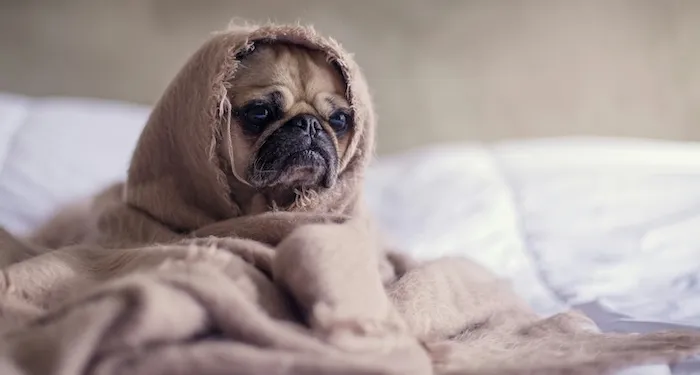
Hit the Hay: Helpful Books About Sleep and Rest
Sleep is one of those things you don’t think about at all until you think about it all the time. And if you’re in a thinking-about-it-all-the-time phase, it’s not because things are going great. Here’s a variety pack of books to help you figure out where sleep and rest are going wrong for you and how you can get back to a healthy baseline.
Let’s start with the nitty-gritty. In Why We Sleep, neuroscientist Matthew Walker provides a state-of-the-science overview of how and why sleep is connected to just about every aspect of our health. For something we spend a third of our lives doing (#goals), we actually know much less about sleep than about other major aspects of life and human biology. This book is fascinating and filled with practical tips, and the writing is unexpectedly lovely for a pop science book. Arianna Huffington’s Sleep Revolution is also well-reviewed and widely recommended, and yes, I’m as surprised as you are that I’m linking to an Arianna Huffington book.
It’s a cruel irony that burnout can make it harder to fall asleep and stay asleep.
Emily Nagoski and Amelia Nagoski’s Burnout is specifically geared to the unique ways that women experience burnout, but many of the tools they suggest are relevant for readers of all genders. If you’ve heard someone talk about “completing the stress cycle” and managing your nervous system for better rest, they were likely referring to the Nagoskis’ work. Watch them explain it here.
Are you fighting burnout and insomnia because you’re convinced that more rest = less productivity? If that question feels like a personal attack, run—don’t walk—to Alex Soojung-Kim Pang’s Rest: Why You Get More Done When You Work Less. And if you’re thinking, “Okay, but how much less?” Pang has the answer. This one will help you learn to take “deliberate rest” and even includes data about the optimal length of vacations for returning to everyday life recharged and ready to rock. For a more direct examination of how capitalism and hustle culture impact our sleep and health, don’t miss Rest is Resistance by Tricia Hersey, who also has a deck of cards containing “practices to resist grind culture” coming out in April.
Rest isn’t just about balancing work and not-work. In Sacred Rest, Dr. Saundra Dalton-Smith goes beyond the usual prescription for eight hours of shut-eye to identify the seven types of rest we all need. This framework is particularly useful if you’re generally getting good sleep but still feel consistently blah. That may be a sign that you’re doing well with physical rest but need more sensory, social, or creative rest. There’s even a quiz to help you figure it out.
Spiritual rest is another of Dalton-Smith’s seven types, and if that’s an approach that resonates for you, take a look at Rest Easy by Ximena Vengoechea. This is a body-mind-spirit spin on finding the right rest techniques for your personality and lifestyle and is an especially good fit for folks with an established mindfulness or meditation practice. Still working on that part? This isn’t the first time, nor will it be the last that I recommend Pooja Lakshmin MD’s Real Self-Care, which rejects consumerist band-aid solutions and advocates for a paradigm shift in how we understand what it means to take care of ourselves at both the individual and systemic levels.
Related reading: Stuck in a cycle of revenge bedtime procrastination and scrolling? Ted Gioia’s succinct assessment of the state of the culture and the “dopamine loop” that motivates tech companies to jettison art and entertainment in favor of serving up quick hits of addictive content will really make you reconsider your scrolling habits. (You’re not still sleeping with your phone by the bed, right?!)















